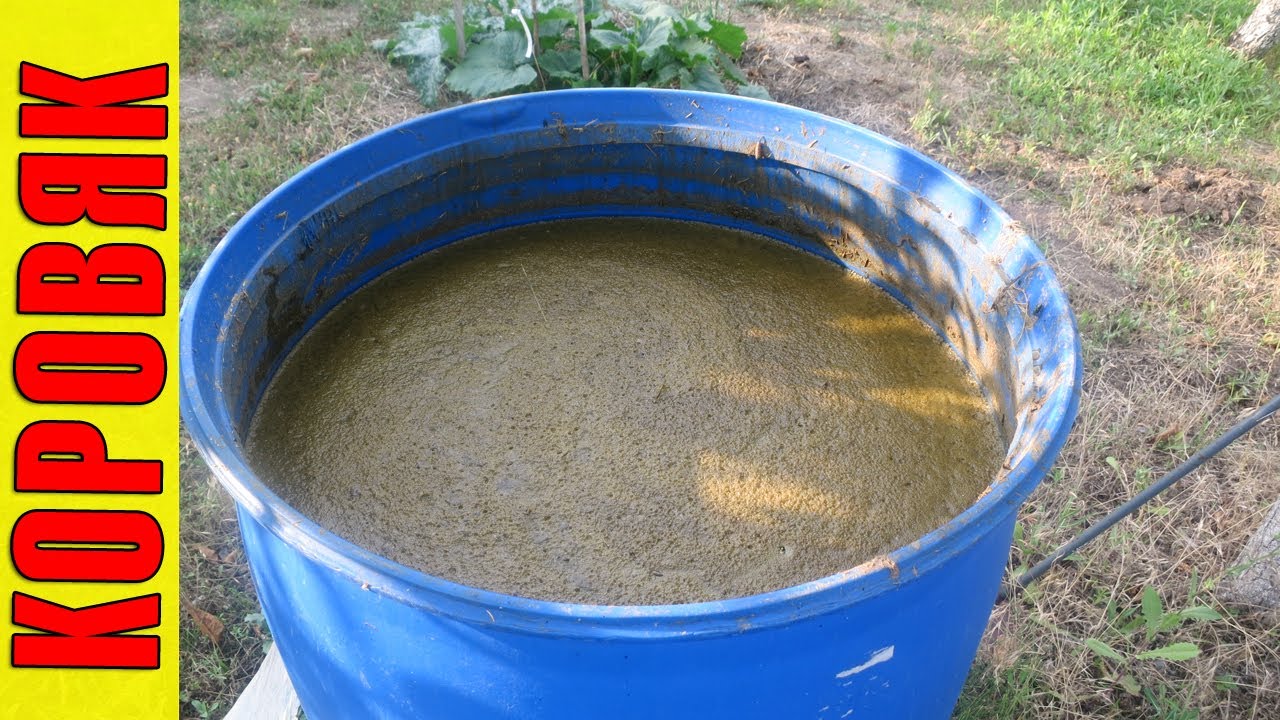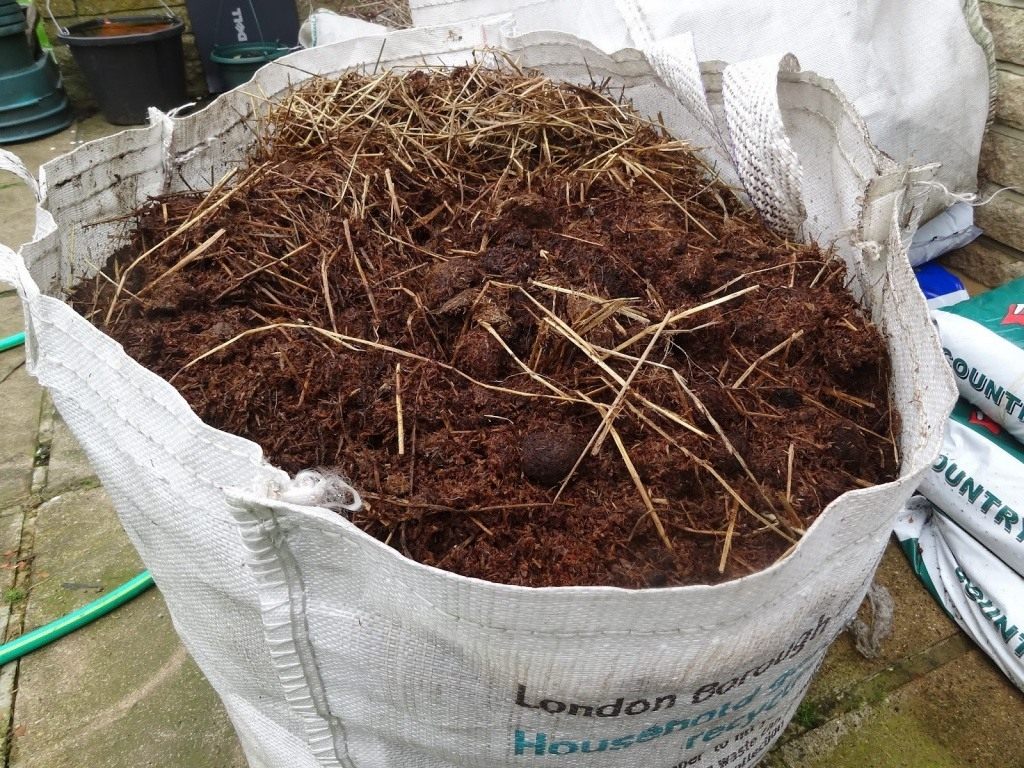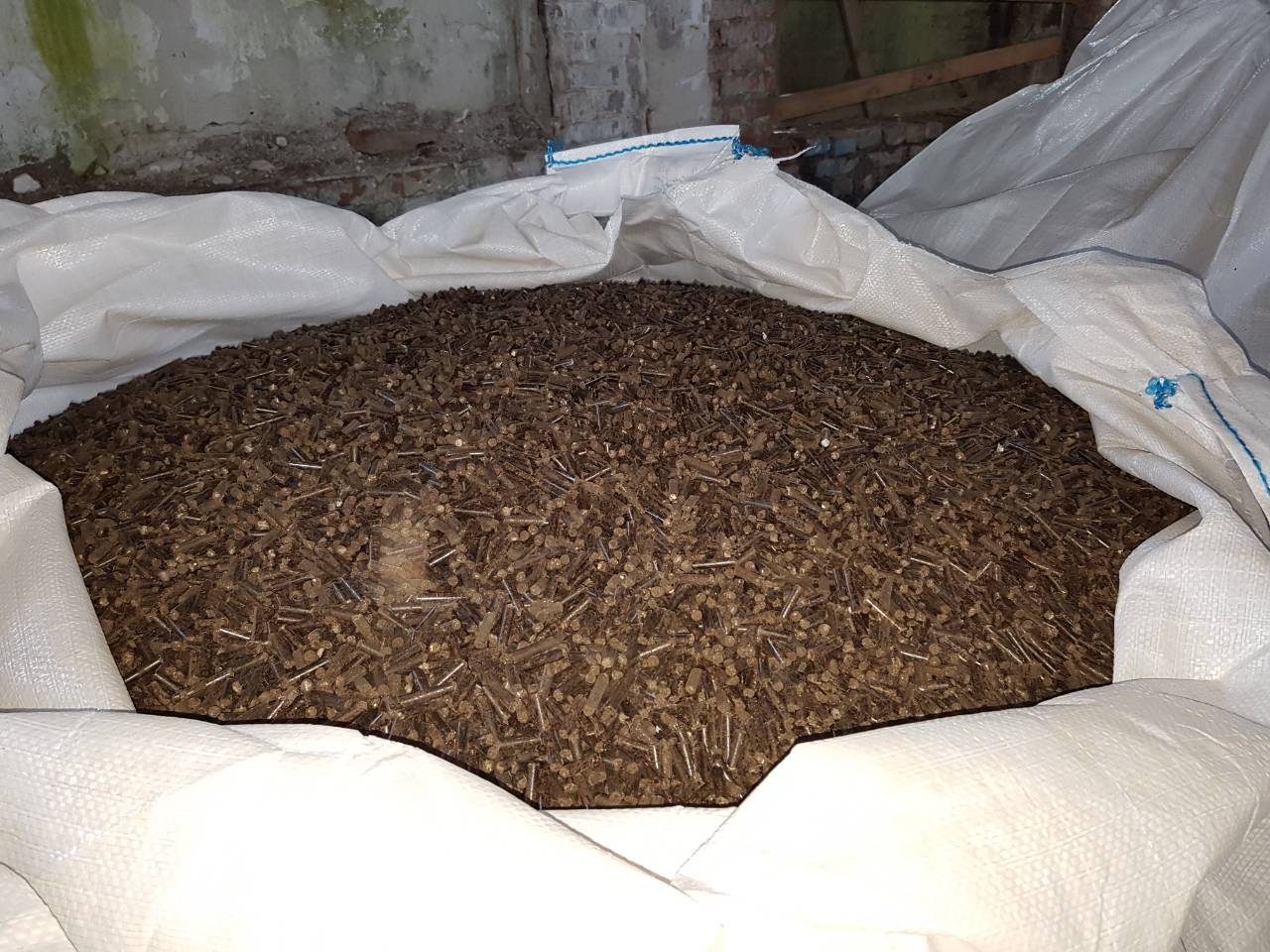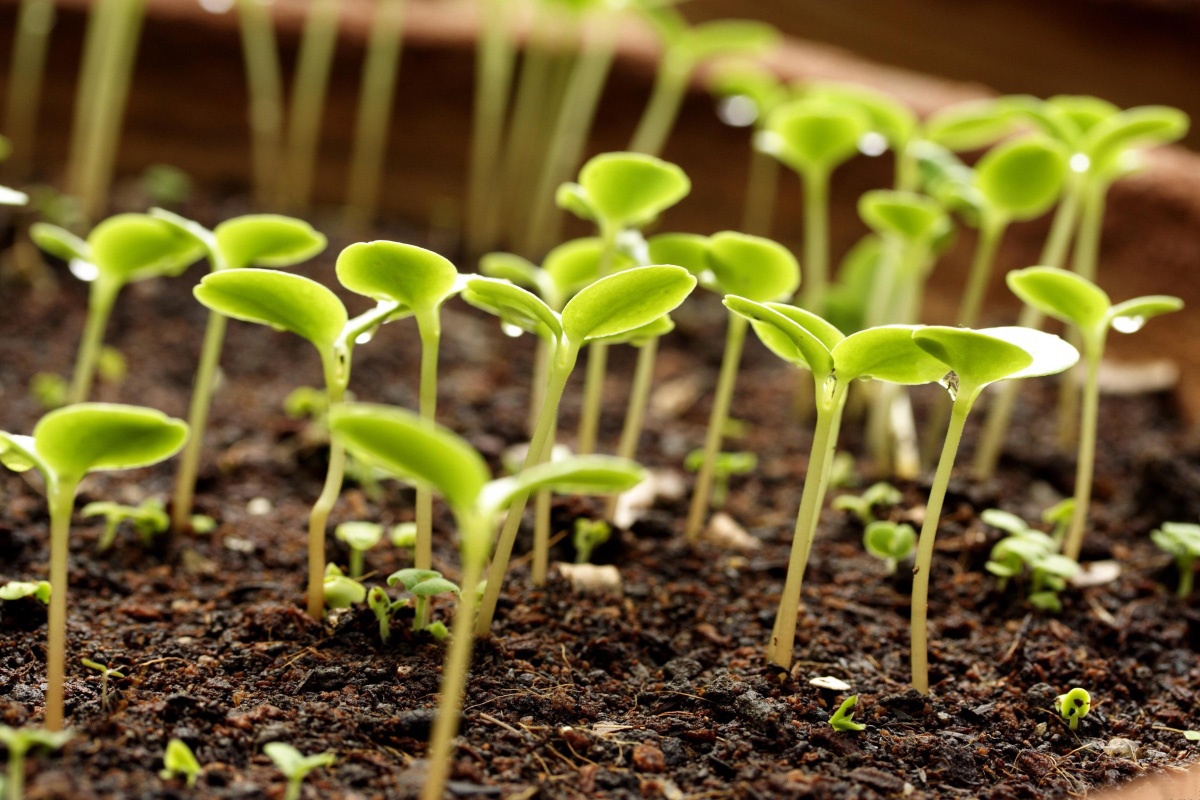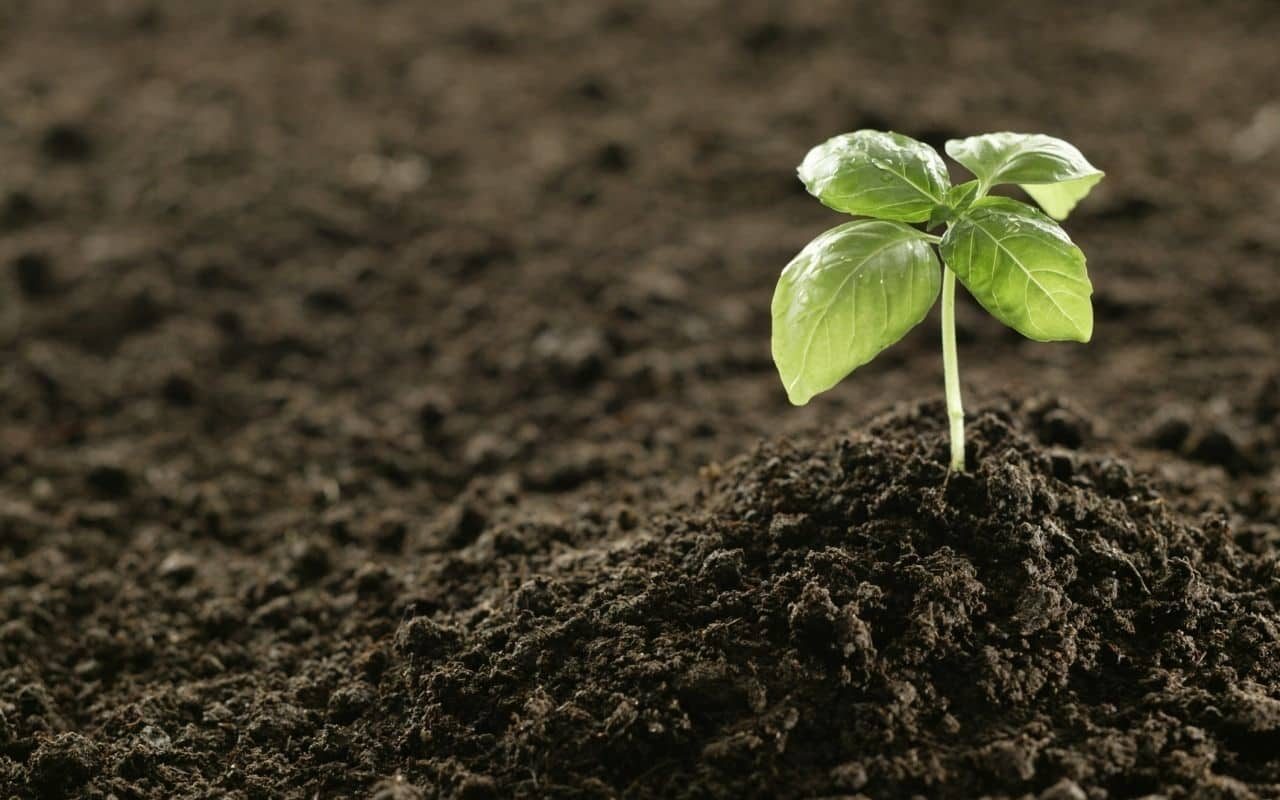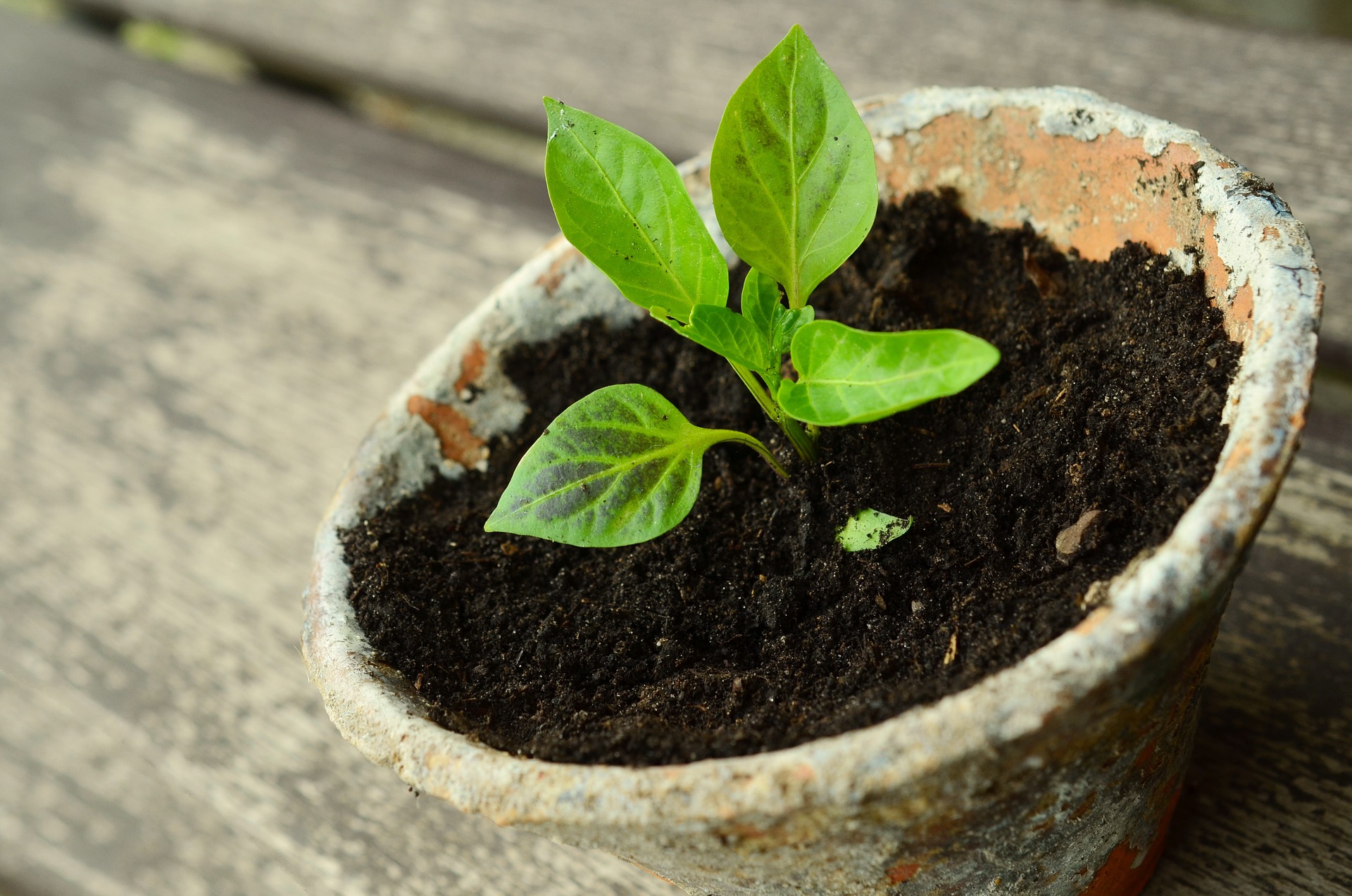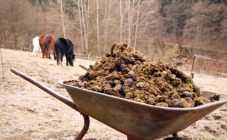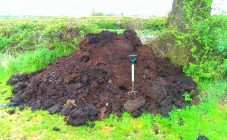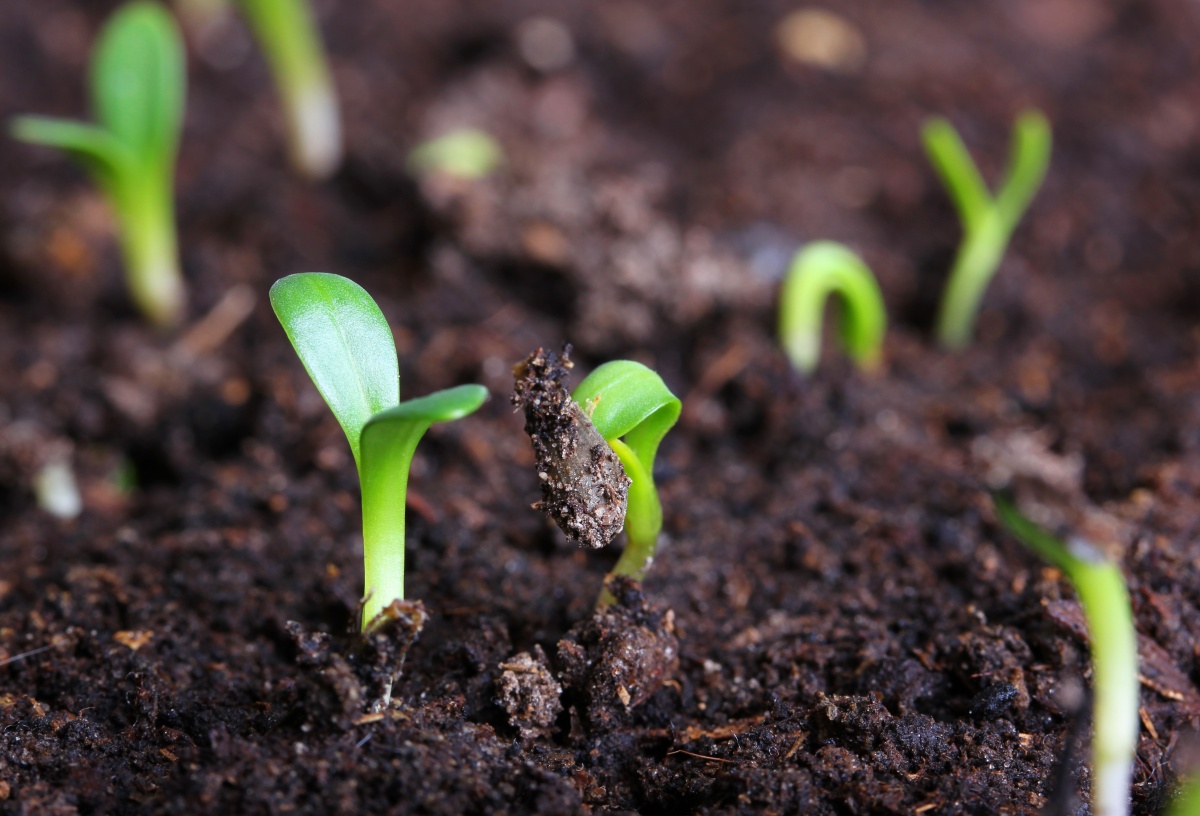Content:
It is impossible to get a full harvest of cucumbers without additional fertilizing during the growing season. Manure and other types of organic fertilizers can serve as a worthy alternative to mineral elements. To do this, you need to know which manure is best for cucumbers and how it is used.
Natural fertilizers for cucumbers
The use of natural fertilizers on cucumbers has several advantages over minerals:
- relative availability and low cost;
- ease of use, the ability in most cases to do without special equipment and technology for application;
- activation of the vital activity of beneficial bacteria;
- more complete assimilation of fertilizers by plants;
- slowing down the impact of organic matter in cold soil and strengthening when heating the soil, which contributes to a more even use of fertilizer;
- no soil contamination with chemical decomposition products.
Mullein
Useful properties for cucumbers
Cow dung is an important food and energy source for soil microorganisms. This contributes to the fact that the fertilizer decomposes in the soil in a short period. Mullein also improves the physicochemical and physical characteristics of the soil, due to which insoluble substances in the soil become easily digestible.
Cow dung improves the structural characteristics of the soil. When the mullein is introduced into the clay soil, it becomes looser. As a result, the soil will be more convenient to process, it will warm up faster and stronger. Feeding cucumbers and tomatoes with mullein, as well as other cultivated plants, significantly accelerates their growth.
Feeding cucumbers
It is recommended to add mullein for cucumbers several times per season. Most often, the procedure is carried out every one and a half to two weeks. Feeding with cow dung is especially important for weak plants with sluggish foliage and thinned stems.
The introduction of mullein under cucumbers begins to be carried out not earlier than two weeks after germination. By this time, the plants should already have formed leaves. Fertilizer can be applied only during watering, since a concentrated solution in its pure form can harm the bushes. 500 ml of compost is diluted in a bucket of water to prepare the substance. 10 liters of the resulting non-concentrated fertilizer is enough for a square meter of area.
Ideally, the mullein should be introduced into the grooves and grooves in the cucumber plot.Thanks to this, it will be possible to deliver the fertilizer directly to the roots. It is not recommended to water the bushes with cow dung from above.
Horse dung
Useful properties for cucumbers
When manure is applied to the soil, the benefits of this action begin to appear almost immediately. However, in the first year, one should not expect a significant increase in yield. This is due to the fact that there is practically no mineral nitrogen in horse manure. In subsequent years, the beneficial effect of manure will be much more noticeable.
This type of organic fertilizer begins the decomposition process at a temperature of about + 80 ° C. Rotting is much faster than other manure categories. As a result, the most loose soil structure is formed.
Horse manure contains many more beneficial nutrients than mullein. It quickly warms up heavy and cold soils, which is especially important for cucumbers, which prefer well-heated soil.
Feeding cucumbers
Fresh horse manure for cucumbers is recommended for tillage in the autumn. There should be about 5.5 kg of fertilizer per 1 m2. In the spring, during the digging of the site, it is preferable to add rotted manure under the cucumbers. Slurry treatments are recommended during the flowering and ovary formation phases.
Knowing how to dilute horse manure for feeding cucumbers, you need to put a bucket of organic fertilizers in a barrel and pour 5 liters of water. The solution is left to infuse for 2 weeks, stirring occasionally. In order to enhance the effect of fertilization, it is allowed to add hay or foliage from trees under it. The finished product is diluted with water in a ratio of 1:10. After the soil is moistened, liquid horse manure can be used on it.
Horse manure compost is of great benefit to cucumbers. To do this, any large container or pit is filled with waste of biological origin:
- sawdust;
- grass;
- leaves;
- tops, etc.
The resulting mixture is mixed with prepared manure. The fertilizer is then ready for use.
Bird droppings
Benefits for cucumbers
Among the various categories of poultry droppings, poultry is the most effective. This type of organic fertilizer is characterized by a significant nitrogen content, which is necessary for cucumber and other plants for a full set of vegetative mass. It also contains phosphorus, calcium, potassium, magnesium, which are in an easily digestible and plant-accessible form.
Chicken droppings also contain a number of trace elements:
- manganese;
- sulfur;
- zinc;
- cobalt;
- copper.
In terms of its effectiveness, the introduction of poultry manure is comparable to the implementation of a complex mineral feeding.
The effect of chicken droppings on the soil lasts for several years. This is due to the fact that the trace elements that make up the substance decompose for a long time.
This organic fertilizer has a positive effect on the soil structure, quickly dissolving in moist soil. Due to this, it accelerates plant growth, and the yield of cucumbers increases by 20-40%.
Chicken droppings effectively fight against yeasts and molds in the soil. By restoring the soil microflora with the help of bird manure, it is possible to reduce the number of weeds on the plot.
Feeding cucumbers
Chicken droppings of any breed should not be used fresh as fertilizer, as it can cause burns to cucumbers. Instead, an infusion is most often prepared on its basis. The substance must be diluted with water in an equal ratio and left to ferment for 5-7 days. After that, before use, the finished concentrate is again dissolved in water in a ratio of 1:20 and the resulting agent is poured over the soil in the bite sector. One plant should have about 0.5-1 l of the drug. The resulting fertilizer is stored for 2-3 months.
Poultry manure compost is also highly efficient. For its preparation, a pit about a meter deep is prepared in advance. Its bottom is strewn with straw, sawdust or fallen leaves. Poultry manure, straw, weeds, peat, dried leaves are laid on such a litter in layers. The fertilizer preparation process takes about one and a half to two months. The finished product is used in soil preparation in open areas, as well as in greenhouses and hotbeds.
In the state of dry extract, it is possible to keep fresh chicken droppings until spring. In this case, the fertilizer is spread in a thin layer on a plywood sheet and left to dry in the open air in hot weather for 3 hours. The resulting dung is carefully rubbed through a fine mesh until a powdery substance is formed. The resulting powder is poured into bags or barrels, where it can be stored all winter without loss in quality. When spring comes, it can be used while digging up the soil, adding 200 g of fertilizer per square meter of area.
Humus
Benefits for cucumbers
As a result of the complete decomposition of manure in the soil, a homogeneous free-flowing substance of brown-black color is formed, which is usually called humus (humus). This substance is capable of showing its beneficial qualities in any soil. So, on clayey soils, humus improves their structuredness, makes the soil loose and light. In sandy soils, the substance contributes to the retention of moisture and nutrients as much as possible.
Manure that has been able to humus in the soil often acts as a natural mulch that prevents a dense crust from forming on the soil surface. Such soil will quickly heat up and keep warm for a long time, which is especially important for cucumber and other thermophilic crops. Under the humus layer, it is easier to breed and conduct life for beneficial microorganisms and earthworms, which improve the structure of the soil. It can be more difficult for weeds to break through this layer.
Feeding cucumbers
It is advisable to feed the cucumbers with rotted manure in the spring. There should be about 4-5 kg of fertilizer per square meter of area. The substance is evenly distributed over the surface of the plot and then dug up the site, embedding humus into the soil.
Biohumus
Benefits for cucumbers
Biohumus is a natural organic fertilizer. It is formed by processing organic matter with red Californian worms, which at the same time secrete coprolites - they are well absorbed by cucumbers and other plants.
Vermicompost helps to improve the taste of cucumbers, strengthens the immune system and helps to cope with the stress of the crop during planting. Other positive properties of the substance include:
- stimulation of root formation;
- help in the fight against disease;
- reducing the content of nitrates in soil and crops;
- acceleration of seed germination and yield formation;
- an increase in the content of nutrients in vegetables.
Feeding cucumbers
Biohumus for cucumbers, application in a liquid state is especially important during planting of cucumber seeds.For this purpose, the fertilizer is diluted in water in a ratio of 1:20. The inoculum is placed in the resulting solution for a day and left for a day.
When the seeds are ready for sowing, biohumus is used to treat the soil at the site. For irrigation, use a solution of fertilizer and clean water in a ratio of 1:50. During the digging of the beds, fertilizer is applied in a dry state, while about 0.5 kg of biohumus should fall on a square meter of area.
When planting cucumber seedlings, the hole must be fertilized with 100 g of vermicompost. After one and a half to two weeks, the first feeding is carried out with the same fertilizer in a liquid state, which is then repeated every 1-1.5 weeks.
Recommendations and advice from experienced gardeners
In order for feeding cucumbers with folk remedies to be beneficial, many gardeners and summer residents recommend the following:
- Sprinkling the soil around the cucumber bushes after each watering with wood ash will help not only feed the bushes, but also keep the soil moist, and also protect the plant from a number of diseases and weeds.
- Use less common types of manure, for example, rabbit manure, for feeding more widely.
- Combine feeding with organic fertilizers with the introduction of mineral preparations, especially complex ones.
Correct use of manure and a number of other organic fertilizers helps to increase the quantity and quality of the cucumber crop. If you know what kind of manure cucumbers like and follow all agrotechnical recommendations, the result will pleasantly surprise summer residents and gardeners.
